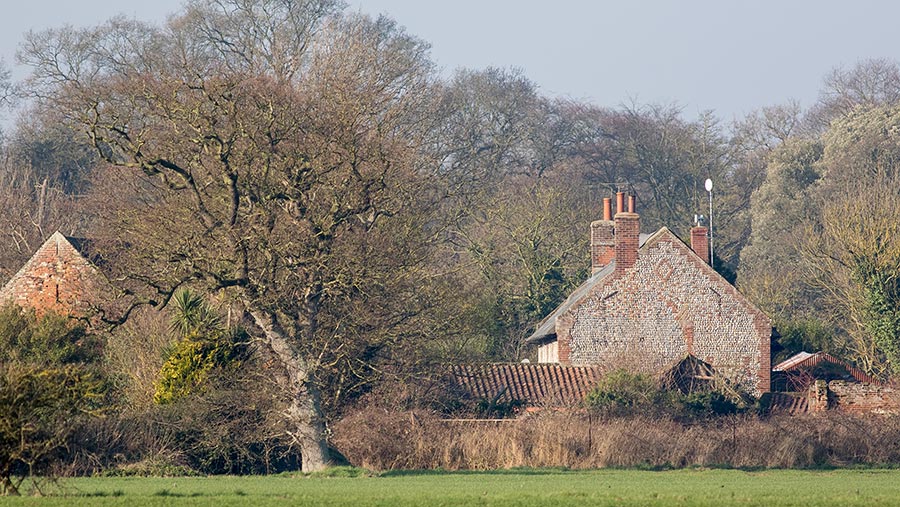Exit payments: What should farmers do to prepare for 2022?
 © Ian Dyball/Adobe Stock
© Ian Dyball/Adobe Stock Farmers in England learned last week that Defra is planning to offer them the chance to take a lump sum exit payment in 2022 instead of collecting their remaining Basic Payment Scheme (BPS) support annually as it is phased out by 2028.
The government’s objective is to accelerate the pace at which farmers who are unwilling or unable to transition to the Environmental Land Management scheme – which will replace BPS – make way for other farmers who are.
Crucial details of how exit payments will work remain unclear as Defra is planning to consult with industry on the offer in the new year, including precisely who will be eligible and how they will calculate what sum to pay.
See also: Defra unveils roadmap to ELM scheme
However, farmers now know enough to begin planning for a shakeup in 2022, said Vivienne Williams, a partner and head of the agriculture team at law firm Michelmores.
Key facts
- This only applies to farm businesses in England. Other nations have signalled they intend to phase out area payments over a longer period.
- Defra will consult on the details of the scheme next year and it is scheduled to open for applicants in 2022.
- Defra secretary George Eustice said farmers will have to exit the industry to be eligible.
- Precise details of how the payment will be calculated and the tax implications are not yet known.
- Anticipation of the scheme is likely to lead to an increase in demand for naked acre letting.
Leaving the industry
It is now clear that the applicant who receives the payment will have to leave the industry in some form to be eligible for it, she said, and this means accelerating succession planning to be ready.
This may mean a tenant departing a property, or a landowner selling up or handing over their property to the next generation.
“For the retiring applicant, the key to achieving the objective will be to allow enough time to plan,” she said.
“If land needs to be surrendered, let, sold or transferred, that will take time and will need to be dovetailed with the timetable for the exit scheme.
“It will require more than simply the co-operation of the retiring farmer.”
Questions as yet remain unanswered about how farmers operating through limited companies, partnerships and other business structures will demonstrate they have left the industry.
If the payment is currently made to the business, rather than an individual, it is not clear whether all shareholders will have to leave.
If a business is genuinely going to be wound up, such a big change should not be looked at solely through the lens of an exit scheme, Ms Williams advised.
An applicant should be considering this scheme as one part of wider retirement, and tax planning and careful consideration should also be given to disposing of all of the business assets.
Delay to change
With at least 13 months until the scheme is set to open for applicants, business owners who had been planning to sell up in the next year are likely to put their plans on hold, said Hugh Townsend, head of rural advice and entitlements trading firm Townsend Chartered Surveyors.
Depending on the eventual rules of the scheme, it is likely to lead to some creative thinking for businesses who want to access the funding with the minimum of change, he said.
For example, it is not yet clear if a business would be permitted to exchange its entitlements for the lump sum and then buy fresh entitlements to continue to claim in the subsequent years.
Some businesses may contemplate naked acre letting, where a business with excess entitlements lends them to another business with more land than they have entitlements for.
“Since 2015, there has been really no naked acre letting until last year,” said Mr Townsend.
“It suddenly took off because the market has always been sensitive as to what the government is taking about,” he said, referring to early government pronouncements that it was contemplating a scheme that rolled up payments into a single year.
A naked acre is currently trading at £65/acre, up from £60/acre last year, and he is forecasting a further rise in demand.
The regular market in entitlements for non-severely disadvantaged area land is also expected to be strong after closing at a peak of £200/ha in May, when the trading window ceased.
Trade across the whole of the season averaged £119/ha, a rise of 7% on the previous year, he said.
